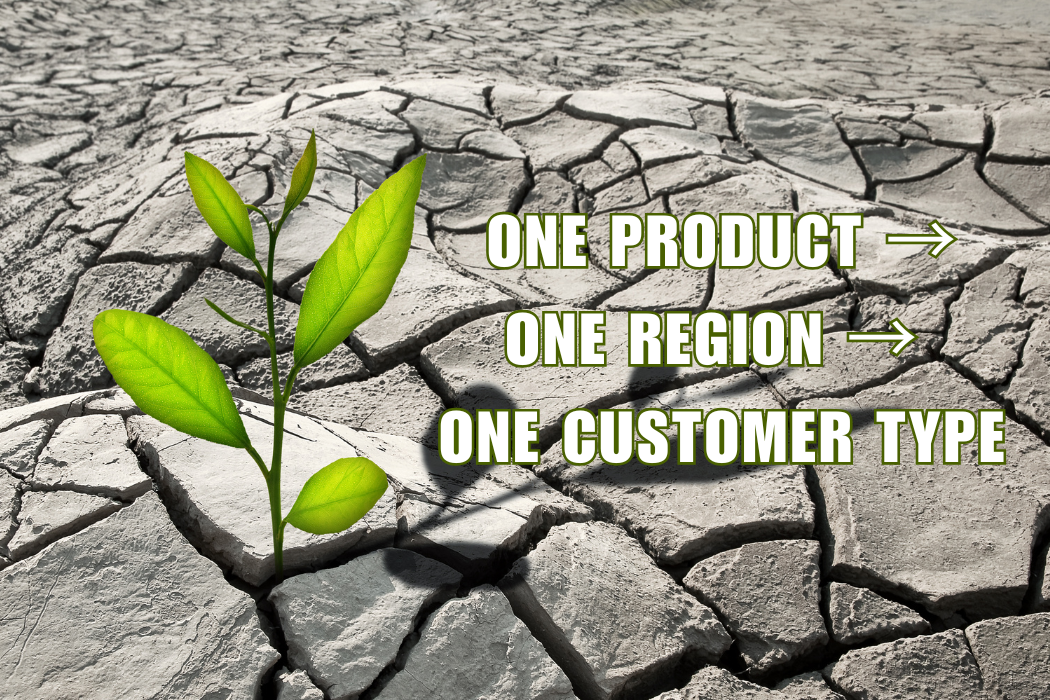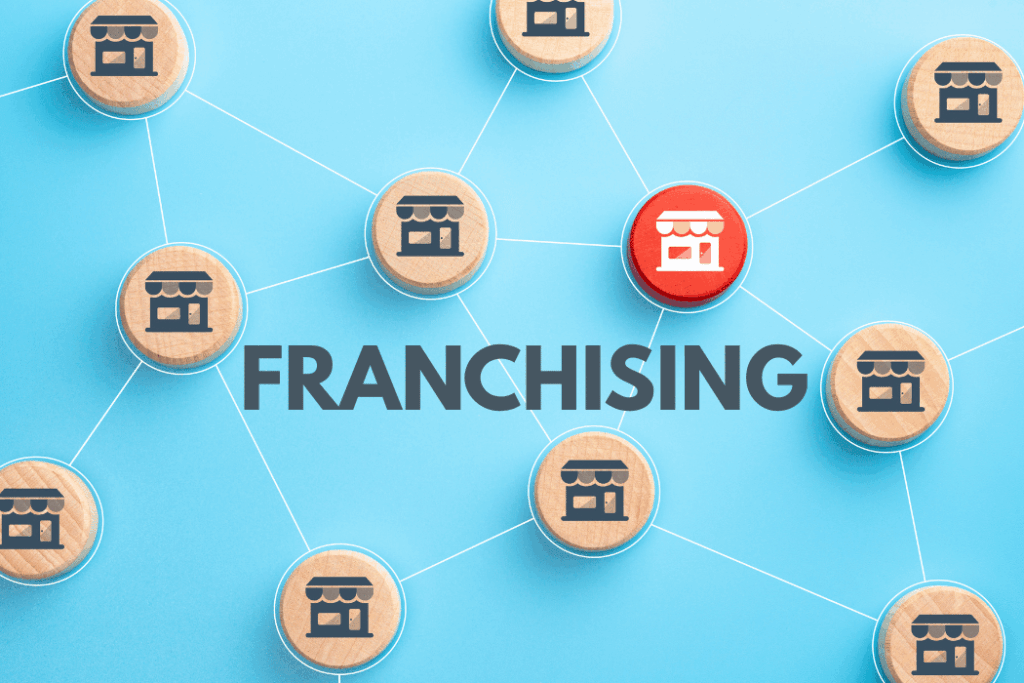
Navigating today’s volatile economic landscape requires more than just gut instinct. For any size business or organization, but especially the individual founder, it demands agility, discipline, and a clear reassessment of risk. Uncertainty is now the hallmark of the market environment, with even the most experienced strategists acknowledging their predictions are filled with more caveats than clarity.
Why, because the stakes are even higher for small business owners and startup founders, especially if expansion plans are already underway. The crucial question isn’t just whether you can move forward, but whether you should.
Every major business decision carries inherent risk, and it’s natural to second-guess your timing amid changing conditions. You’ve probably already considered best- and worst-case scenarios, whether mentally or through a structured financial analysis. But let’s be honest: even your most thorough projections likely didn’t account for the unique mix of factors currently reshaping the economic outlook – geopolitical tensions, persistent inflation, shifting consumer behaviors, and credit tightening, to name a few.
If there’s one word echoing through every earnings call this quarter, it’s “uncertainty.” It’s become the unofficial tagline of corporate America, appearing in a striking 87 percent of Q1 earnings discussions, more than double the 38 percent from the previous quarter, according to a recent analysis by The New York Times.
And it doesn’t stop there. The term “recession,” once cautiously avoided, appeared in 30 percent of these discussions, a sharp increase from just 3 percent last quarter. The message is clear: top executives across industries are recalibrating expectations in real-time, grappling with a murkier and more unpredictable climate than we’ve seen in recent memory.
This unease isn’t confined to corporate boardrooms; it’s also rippling through Main Street. According to a recent survey by the National Federation of Independent Business, confidence among small business owners has taken a noticeable hit. Only 12 percent now believe it’s a good time to expand, a five-point drop from the previous period and the lowest reading since the early days of the pandemic.
This dip in optimism highlights a broader shift: even seasoned entrepreneurs who have weathered past storms are pausing, wary of committing capital amid such volatile conditions. Some business owners are now openly questioning their ability to navigate the current turbulence without ultimately closing their operations, a sobering reflection of just how deep the uncertainty runs.
For small business owners, this surge in caution is more than just an earnings season footnote. It signals to prepare, adapt, and lead decisively while the big players hedge their bets.
This doesn’t mean opportunities have vanished. It means your decision-making framework needs to be sharper than ever. Now is the time to revisit assumptions, stress-test plans, and scrutinize your capital deployment strategy. Moving forward doesn’t have to mean moving mindlessly. And holding back doesn’t have to mean standing still.
While others reassess, this might be the moment to take a calculated risk and continue expanding, even in a challenging economy. The current environment may allow you to reimagine your business and redefine your customer base.
It can be the perfect time to push forward when everyone else pulls back. Here’s why: while your competitors are frozen with uncertainty, you have a rare window to gain ground. Think of it as running a race where half the participants pause to check the weather. You keep running, and suddenly you’re ahead.
What seems like a “daunting economy” to a novice is a landscape of opportunity to the trained eye. For example, some of today’s most prominent companies, like Airbnb, Uber, and Square, were born during the 2008 recession.
The biggest mistake first-time entrepreneurs make is trying to do everything at once. That’s like learning to swim by jumping into the deep end of the pool. Instead, follow the “One-One-One Approach”: one product, region, and customer type.
This strategy significantly reduces your risk while still allowing you to expand. It provides room for minor mistakes (which you will make) without threatening your entire business.
While this approach isn’t without risk, the potential rewards of countercyclical growth can position your business for significant advantages when economic conditions improve. The business owners who emerged strongest from difficult periods are often those who found ways to advance thoughtfully, while others retreated.
Before you spend a single dollar on expansion, become a detective in your new market. Imagine you’re landing on a new shore. You don’t send your entire army at once. You establish a small, secure position first. In business terms: find just one happy customer in your new market; perfect one marketing channel that successfully reaches them; gather real data about what works (not what you think works); make adjustments based on this real-world feedback; then begin scaling with confidence.
Each successful customer becomes evidence that your expansion can work, and each piece of feedback strengthens your approach. This method turns the daunting idea of “expansion” into manageable steps.
Remember, every significant business you admire started with a single customer. Amazon sold one book, Apple sold one computer, and your journey follows the same path.
When you expand methodically, gathering insights at each step, you’re not gambling, you’re investing with increasingly better odds. In uncertain times, that approach separates successful entrepreneurs from the rest.
So here’s the bottom line: Uncertainty isn’t going away. Neither is opportunity. Expansion in this climate won’t be easy, but it doesn’t have to be reckless. This is the moment for bold pragmatism: trust your instincts, but validate them with data. Be willing to pivot quickly, to say “this isn’t working” without shame or delay, and to create a culture where your team feels empowered to do the same. If the worst-case scenario plays out, your business shouldn’t break. It should bend. That’s resilience.
Expansion right now isn’t about conquering new territory overnight; it’s about planting flags with intention, testing the soil, and scaling only when the foundation is solid. Don’t manufacture a hundred units and hope. Taste test. Explore. Course correct. Because smart expansion isn’t about having all the answers; it’s about having the discipline to keep asking the right questions.












